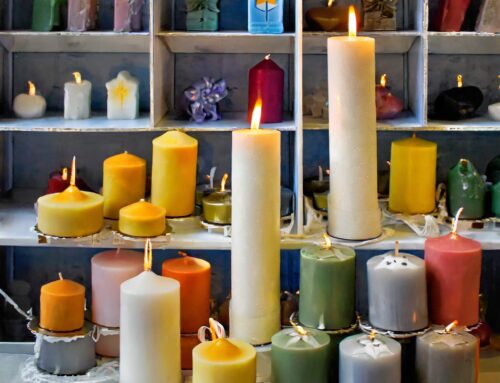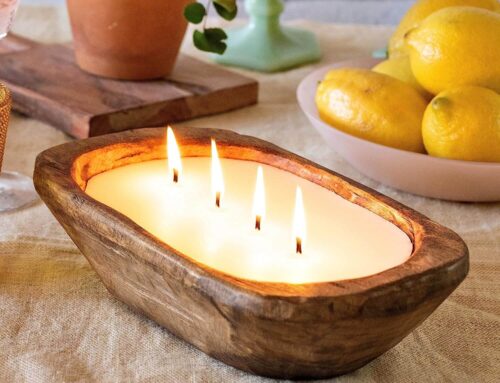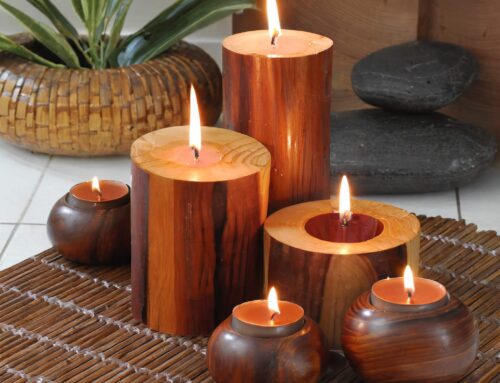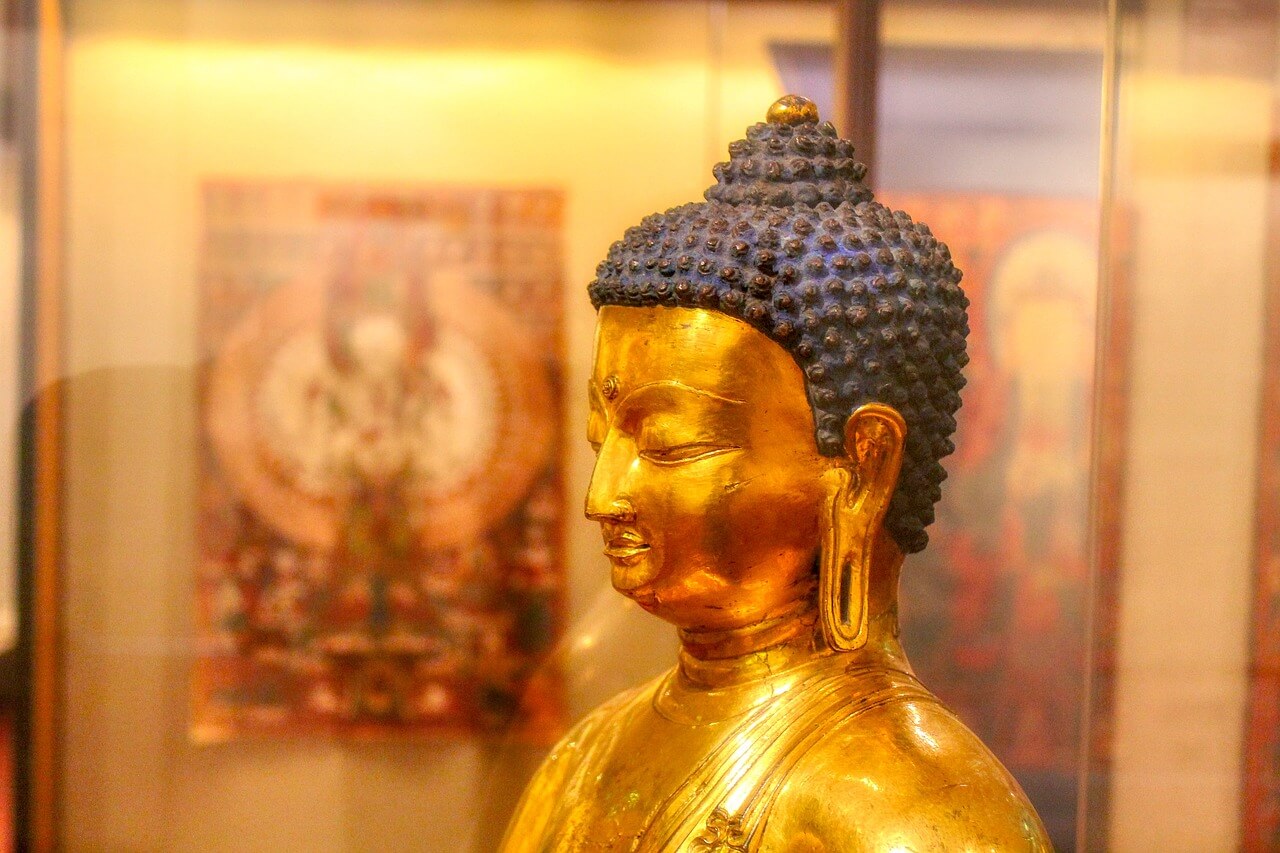Essential Oils for Candle Making
Candles have transcended their original utility of providing light to become essential elements in home decor and wellness. Today, they play a pivotal role in aromatherapy, where the scent is just as important as the glow. One of the key ingredients in crafting such aromatic delights is essential oils. These potent, plant-derived oils are not only revered for their captivating scents but also for their ability to imbue candles with therapeutic properties.
The Science Behind Essential Oils in Candles
When it comes to incorporating essential oils into candles, there’s a delicate science at play. Essential oils are volatile compounds, which means they evaporate quickly when exposed to air at room temperature. This characteristic is what allows the aroma to disperse efficiently when the candle is lit.
Research suggests that the inhalation of certain essential oils can trigger the limbic system – our brain’s emotional center – potentially influencing physical, emotional, and mental health. A study published in the Journal of the International Society of Sports Nutrition highlighted that peppermint oil, for instance, could improve exercise performance, increase alertness, and decrease muscle pain when inhaled (Meamarbashi, Abbas, 2013).
The Art of Selecting Essential Oils for Candle Making
When crafting candles, the artistry lies in selecting the right essential oils to achieve a desired ambiance or benefit. Here are a few popular choices:
- Lavender: Widely acknowledged for its calming properties, lavender oil can create a serene atmosphere, conducive to relaxation and sleep.
- Citrus Oils (like lemon and orange): Known for their uplifting and invigorating scents, they are perfect for energizing a space.
- Eucalyptus: Recognized for its refreshing and clearing qualities, eucalyptus is a go-to for a rejuvenating environment.
- Rosemary: Apart from its invigorating scent, rosemary is believed to enhance concentration and memory.
Crafting the Perfect Scented Candle
To ensure the best aromatic experience, a few key steps must be followed:
- Quality of Oils: Invest in high-quality, pure essential oils. The purity of the oil affects the scent and the potential health benefits.
- Quantity: The general rule of thumb is to use about 30-50 drops of essential oil per 8 oz of candle wax. However, this can vary based on the oil’s potency and the wax type.
- Temperature: Add essential oils to the wax at the right temperature – typically just before the wax starts to cool – to prevent the oils from evaporating too quickly.
- Wax Compatibility: Different waxes hold scents differently. Soy wax is a popular choice for essential oil candles as it burns cleanly and holds the scent well.
Safety and Considerations
While essential oils are natural, they are not without their risks. It’s crucial to ensure that the oils used are safe for inhalation and that the candles are used in a well-ventilated area to prevent any adverse reactions, especially for those with respiratory issues or allergies.
The Bottom Line
In the realm of candle making, essential oils are like the soul of the candle – invisible yet powerful. They offer an array of scents and therapeutic benefits that synthetic fragrances cannot match. Whether you’re a candle-making veteran or a curious newcomer, incorporating essential oils into your candles promises an alchemy that’s both rewarding and wholesome.
Candles crafted with the essence of nature’s botanicals not only illuminate spaces but also elevate the sensory experience, making every flicker a journey to tranquility, vitality, or clarity – depending on the chosen scent. So, the next time you pour wax into a vessel, think of it as pouring wellness into your life.
By embracing the essence of nature through essential oils, you’re not just making candles; you’re crafting experiences, memories, and a touch of magic to everyday life.
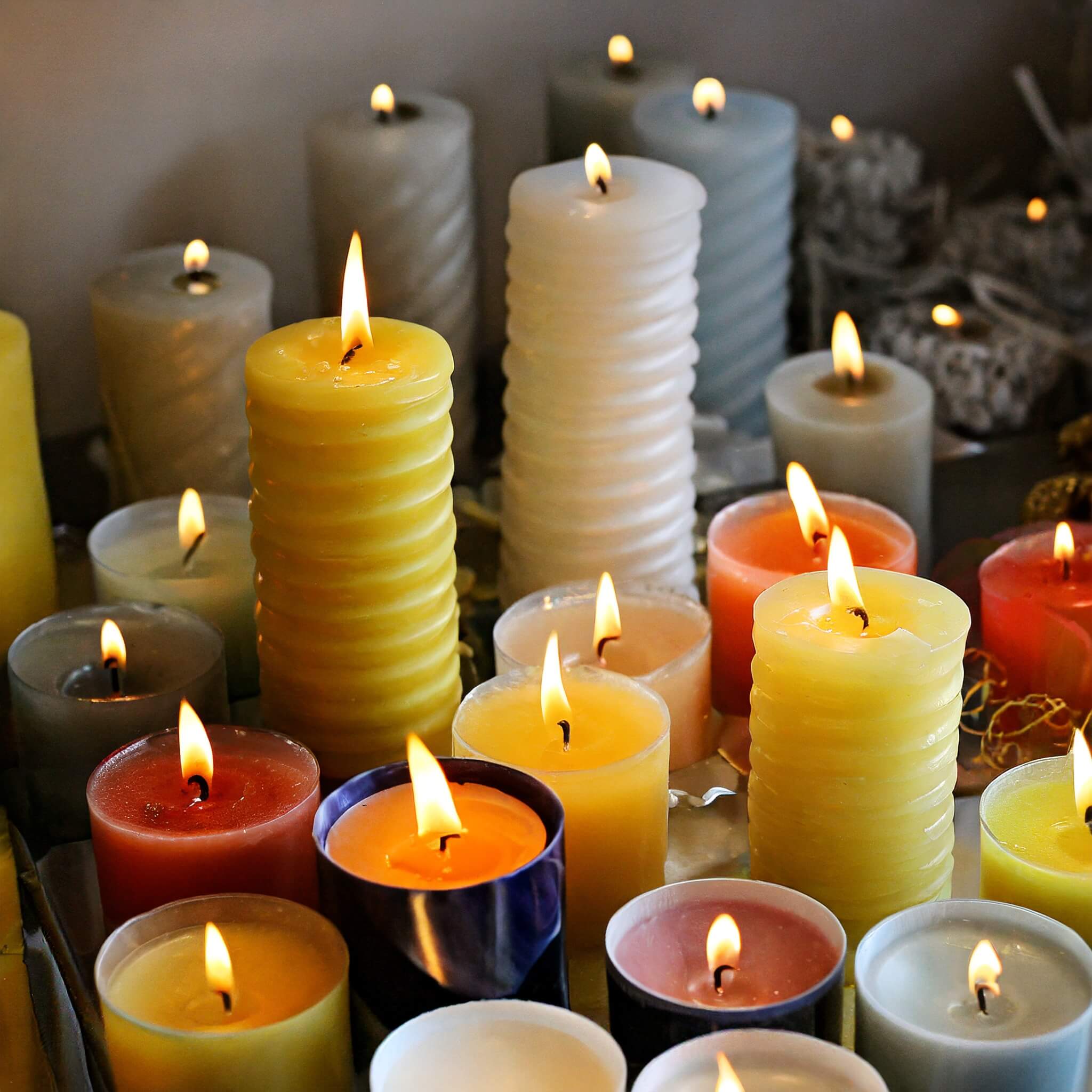
Choosing the Right Essential Oils When selecting essential oils for candle making, consider their flash points and how they synergize with wax types. Oils with higher flash points, such as lavender and sandalwood, are ideal as they retain their integrity and therapeutic properties when exposed to the heat of the candle.
The Science of Scent and Well-being Scientific studies, such as those found in the ‘Journal of Oleo Science’, suggest that certain essential oils, like eucalyptus and rosemary, can positively affect mood and stress levels (Saito et al., 2000). Including these oils in your candles could enhance your well-being.


